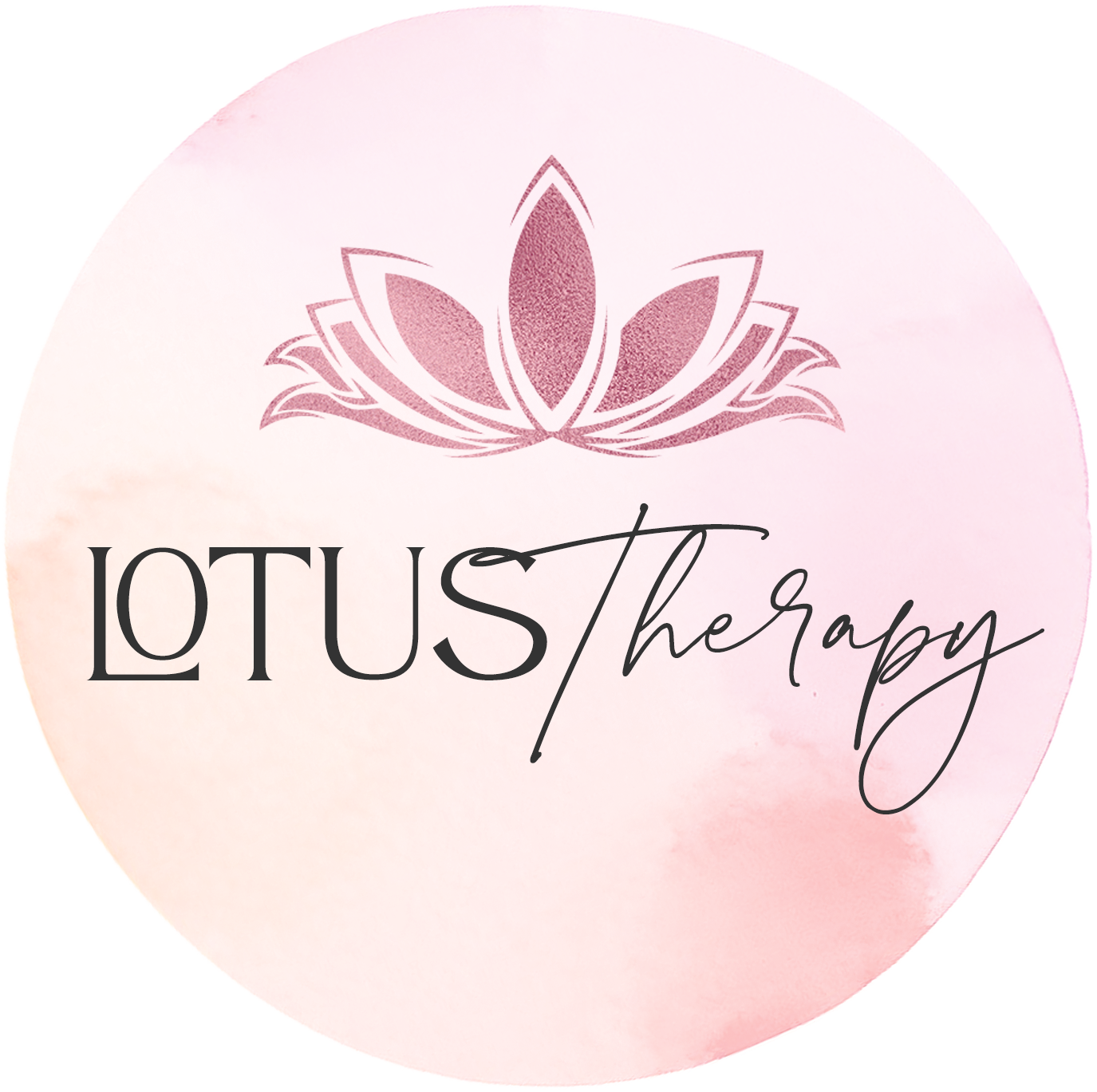Rebuilding Trust & Connection
Affair Recovery Through An Attachment Lens
Infidelity is a painful experience that can make huge cracks in the foundation of a relationship. Couples often find themselves grappling with a myriad of emotions, including betrayal, hurt, and anger. While affair recovery is a challenging journey, viewing it through the lens of attachment theory can provide a valuable framework for understanding and rebuilding the bonds that have been strained.
Attachment theory is based on that humans are biologically wired to seek connection and security through emotional bonds. These bonds, formed in early childhood with primary caregivers, influence how individuals approach relationships throughout their lives. The theory identifies different attachment styles, such as secure, anxious, and avoidant, each impacting how individuals perceive and respond to intimacy.
When infidelity occurs, it often represents a rupture in the emotional bond between partners. From an attachment perspective, the affair can be seen as a misguided attempt to fulfill unmet emotional needs. Individuals may seek connection, validation, or reassurance outside of the relationship due to perceived deficiencies within it. Examining the affair through this lens allows couples to explore the underlying emotional dynamics at play.
Steps Toward Affair Recovery can include:
Open Communication
Encourage open and honest communication between partners. This includes expressing feelings, concerns, and desires without judgment. A safe space for dialogue is crucial for understanding each other's emotional needs and concerns.
Exploring Attachment Styles
Couples should explore their individual attachment styles and how they may contribute to relationship dynamics. Understanding attachment patterns can shed light on the motivations behind the affair and help identify areas for growth and healing.
Rebuilding Trust
Rebuilding trust is a cornerstone of affair recovery. Establishing transparency, consistency, and reliability are essential. This may involve setting clear expectations, being accountable for actions, and demonstrating commitment to the relationship.
Emotional Regulation
Both partners should work on developing healthy emotional regulation skills. This involves recognizing and managing intense emotions without resorting to destructive behaviors. Learning to express needs and fears in a constructive manner contributes to a more secure emotional bond.
Seeking Professional Help
Couples therapy, particularly with a focus on attachment, can provide a structured and supportive environment for navigating affair recovery. A trained therapist can guide the couple through understanding the emotional dynamics at play and developing strategies for rebuilding their connection.
Affair recovery through an attachment lens offers a holistic approach to healing. By understanding the emotional underpinnings of the affair and working together to address these issues, couples can rebuild trust and create a stronger, more secure connection. While the journey isn’t always a walk in the park, the insights gained through this process can lead to profound personal growth and a renewed sense of intimacy within the relationship.
Written By: Crystin Nichols MS, RMFTI

